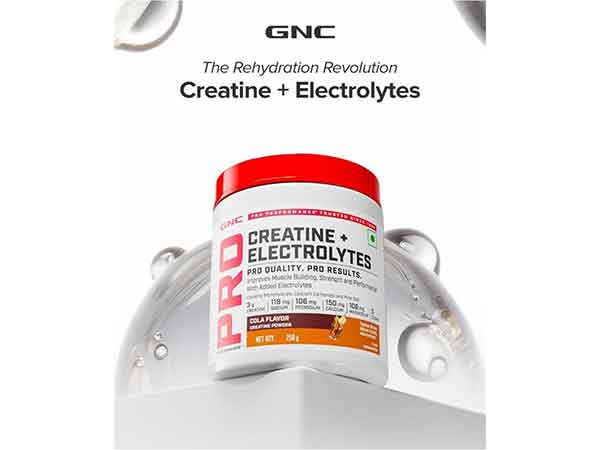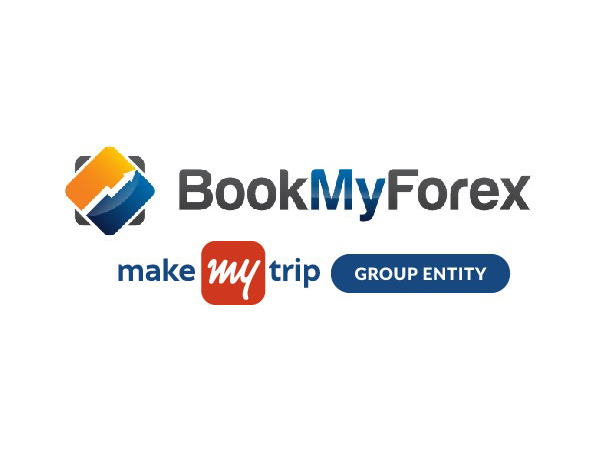
5 Mistakes Small Fleet Owners Make While Buying Commercial Vehicle Insurance
Apr 28, 2025
VMPL
New Delhi [India], April 28: Obtaining the right insurance for your fleet is a crucial aspect of running your business. It is not only a legal requirement, but also helps safeguard your operations in case of an unfortunate mishap. However, with so many choices, it can be easy to make the wrong decision. Some mistakes might seem small at first, but can end up costing you a lot later.
To help you make a more informed choice, this guide will cover five common mistakes that small fleet owners often make when purchasing insurance and how to avoid them.
What are the Mistakes Small Fleet Owners Make While Buying Insurance?
Here are some of the most frequent mistakes a fleet business owner needs to avoid when securing commercial vehicle insurance:
1.Not Evaluating Fleet Requirements Properly
Each business operates differently, and vehicle types, usage patterns and industry-specific demands all influence the level and kind of insurance required. Without a detailed evaluation, you risk either underinsuring or paying for coverage you do not need.
Assess your fleet's make-up by considering vehicle types, their condition, typical routes, and any specialised cargo or equipment-carrying requirements. Location, mileage and relevant regulations in your industry also play a significant role in determining suitable cover.
2.Overlooking Adequate Liability Protection
Liability coverage is a cornerstone of fleet insurance, shielding your business from claims arising from injuries or damages caused by your vehicles. Opting for the minimum required by law may reduce your premium, but it can also leave you vulnerable to significant financial risk.
Consider the financial consequences if one of your vehicles is involved in a major accident. Higher liability limits may come at a slightly increased cost but provide far better peace of mind and protection against potentially crippling claims.
3.Not Reviewing the Policy When Your Business Changes
Your fleet will not stay the same forever. As your business grows, takes on new types of work, or expands into different areas, your insurance should change accordingly. Some fleet owners forget to update their policies when circumstances change, which can result in gaps in coverage or unnecessary expenses for items they no longer need.
For instance, if you have introduced four-wheeler trucks, like Tata Ace, to your business fleet, you need to opt for Tata Ace insurance to ensure adequate coverage in the event of a mishap.
Get into the habit of regularly reviewing your policy, especially when there are changes in your business operations. Contact your insurer to ensure your coverage still aligns with your current needs.
4.Picking the Cheapest Policy Without Considering Cover
The lowest quote tempts many small fleet owners, but cheaper is not always better. Budget policies often come with compromises such as higher deductibles, limited coverage, and more exclusions.
It is better to weigh up what you are getting for your money. Examine the extent of coverage, how claims are handled, and what is included or excluded. A slightly higher premium could offer far greater protection and save you more in the long term.
5.Ignoring Policy Exclusions
Policy exclusions are often hidden in the fine print, but ignoring them can lead to serious problems when making a claim. Certain policies may exclude coverage for specific cargo types or particular areas of operation.
Always take the time to review the policy thoroughly. If anything is unclear, please consult with your broker or insurer. Knowing exactly what is and is not covered will help you avoid rejected claims and unwanted surprises.
What are the Different Types of Coverage That Fleet Insurance Should Provide?
When choosing commercial vehicle insurance for your fleet, it is crucial to understand the various types of coverage available to ensure your business is fully protected. Check them out below:
1. Bodily Injury Cover
This type of cover protects your business in cases where someone is injured or killed in an accident involving one of your vehicles, and your company is found to be at fault. It typically includes legal costs associated with defending claims.
2. Property Damage Cover
If one of your fleet vehicles damages a third-party property, such as another vehicle, a building, or street furniture, this coverage will cover the cost of repairs or replacement.
3. Combined Single Limit (CSL)
Rather than having separate limits for bodily injury and property damage, CSL policies provide one overall limit that applies to both. This offers flexibility by covering all liabilities up to a single, combined amount per incident.
4. Collision Cover
This protects your vehicle if it is involved in an accident with another vehicle or object, regardless of who is at fault. It helps cover repair costs or vehicle replacement.
5. Physical Damage Cover
This broader protection shields your fleet from damage caused by natural disasters (like storms or floods), vandalism, theft, or other non-collision-related events. It applies to a wide range of assets beyond just vehicles.
6. Uninsured Motorist Cover
If one of your vehicles is hit by a driver who does not have insurance, this type of coverage helps cover the resulting expenses. This can include repair costs, medical treatment for your driver or passengers, and legal fees if necessary.
Purchasing the right commercial vehicle insurance for your fleet helps protect your business from significant risks and unexpected expenses. By avoiding the aforementioned common mistakes, you can make more informed decisions that save money and prevent future problems. Always take time to understand your fleet's needs and the types of coverage available.
Moreover, you must stay in touch with your insurer, ask questions and keep your policy up to date as your business grows.
(ADVERTORIAL DISCLAIMER: The above press release has been provided by VMPL. ANI will not be responsible in any way for the content of the same)









